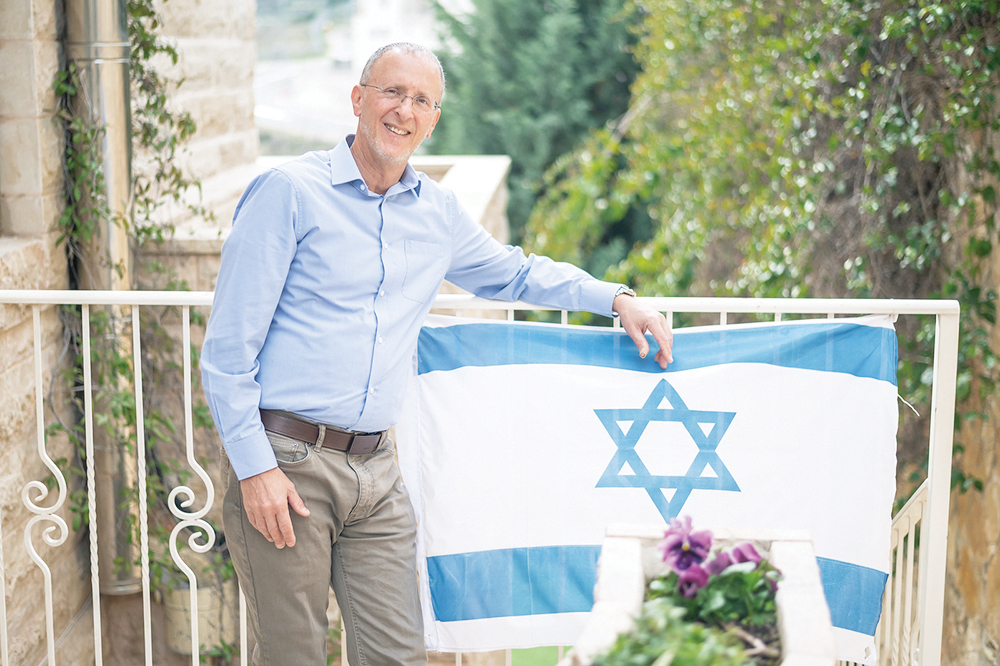
The Mishnah (Avot 6:2) states that “The Tablets were the work of God, and the writing was the writing of God, engraved [charut] on the tablets (Exodus 32:16). Read not charut, “engraved” but cherut, “freedom,” for the only person who is truly free is one who occupies himself with Torah study.” It is the practice of Torah study, its laws and values, that earns us existential freedom. How true is this for Orthodox Jews in the Diaspora and in Israel?
According to “The Finances of Orthodox Jewish Life: A Nishma Research Study” (December 2021) the median income of Modern Orthodox families in America was $188,000 (which equates to approximately $130,000 after taxes in New Jersey or New York). The median cost of Jewish schooling was $31,000, to which you can add another $6,000 for extra kosher food costs, $8,000 for extra home financing costs (Jewish districts have a 10-20% higher home cost) and $6,500 for additional Jewish expenses. This means that the average Modern Orthodox Jew in America has to work 30% harder than his non-religious or non-Jewish colleagues to attain the same standard of living. In other words, in America, an Orthodox Jew is working three hours more a day just to live as a religious Jew.
Compare that to the extra costs of living a religious life in Israel. School costs are no more expensive (these are mostly covered by the State). Almost all food purchased in Israeli supermarkets is kosher, so this provides no extra cost. Orthodox Jews live in almost every Jewish neighborhood, so there are no specific extra housing costs. Add to this that healthcare is 10% of the cost of American health insurance, and the average American Orthodox Jew is saving a fortune by living in a country that already caters to their needs. There is no premium on being religious in Israel today.
So, contrary to the Mishna, it is not free to practice Judaism in America today. Perhaps we should not be surprised, as the Mishna was written in (and perhaps for) Eretz Yisrael.
Shavuot is the festival when we celebrate the receiving of the Torah and, in the words of the late Chief Rabbi Lord Jonthan Sacks zt”l, we celebrate being “free to” live a Jewish life. We escaped from slavery in Egypt on Pesach (“freedom from”) where there was an obvious cost of being Jewish (unbearable slavery), and we reached Mount Sinai where we received the Torah and a promise that it would take us ultimately to the Promised Land, the land in which Jews could be truly free.
We were ejected from our homeland 2,000 years ago and spent two millennia in slavery, with overbearing taxes and penalties for being Jewish. But today, Baruch Hashem, we have arrived home and can now live as equals, being religious without paying a premium. So, this Shavuot, let’s aspire to the ultimate reward of the Torah, the truest and most enduring freedom of all. Hashanah HaBa’ah B’Yerushalayim!
Rabbi Leo Dee is an educator living in Efrat. His book “Transforming the World: The Jewish Impact on Modernity” has been republished in English and Hebrew in memory of his wife Lucy and daughters Maia and Rina, who were murdered by terrorists in April 2023.









